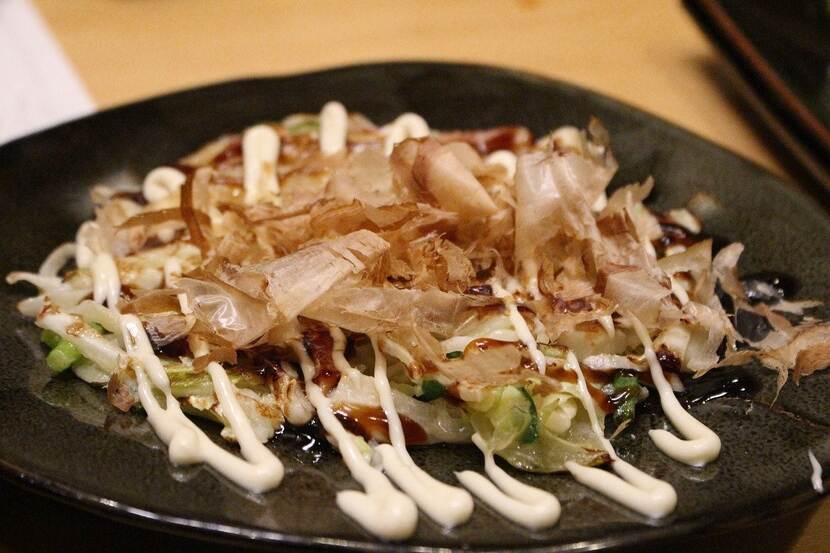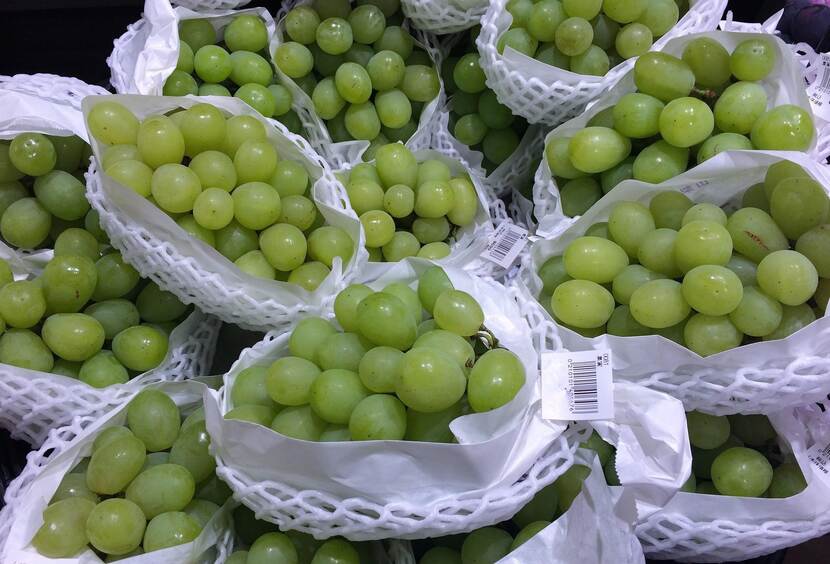Japan News Update #32 (5–18 July, 2022)
Stay updated on the latest agricultural news in Japan, that we publish every two weeks.
by Yuki Sano
Toward news society: carbon neutral & circular economy
Ecoinno Japan Co., a Japanese branch of Hong kong's startup company, has started an experiment with composting bento boxes for resource circulation in Sagamihara city, Kanagawa prefecture. These boxes are plant-derived and biodegradable. The raw material for the boxes is made from sugar cane pomace, bamboo, and rice straw, is heat and water resistant and will be decomposed by microorganisms in 75 days when buried in soil. After sales, the containers will be collected, composted, and provided to farmers. The experiment is carried out in Sagamihara City, which is one of Japan’s most active local governments on promoting the SDGs.
Source: Circular agriculture with plant-based “bento” box compost
The Japanese government will develop zero-emission vessels fueled by ammonia or hydrogen. The government plans to invest about 30 trillion yen ($220 billion) by 2050 to achieve net-zero greenhouse gas emissions. The shipping industry is critical to Japan's decarbonization efforts since Japan relies on sea vessels to bring in much of its food and natural resources. This spring, the Ministry of Land, Infrastructure, Transport, and Tourism established a public-private council tasked with decarbonizing this industry. The government intends to start testing ammonia-fueled ships in 2026 and hydrogen-fueled vessels in 2027, with commercial operations targeted for 2028 for the former and 2030 or later for the latter.
Source: Japan aims to demonstrate carbon-neutral ships in 2026
Increasingly Japanese media include articles voicing concern over the effects of climate change on food products that are essential to Japan's traditional diet, such as katsuo bushi (bonito flakes) and wasabi. Awareness of the threats posed by climate change is rapidly heightening.
Source: Ocean acidification threatens some of Japan’s favorite seafood, Japanese wasabi farmers fear for future amid climate change, Unusually fatty katsuo fish may foreshadow climate change and threaten the future of Japan’s sushi

Japanese robotics’ entry in Europe market
Yanmar Holding, Japan's leading farm equipment maker, has developed the YV01 sprayer, a robot intended for slope vineyards. The treads on the robot allow it to maintain its balance on slopes of up to 45 degrees, which is essential in areas like Champagne, known for steep vineyards. Yanmar attempts to establish a new market to revive flagging revenues. Kubota, a Japanese competitor, collaborates with Tesla co-founder and engineer Ian Wright to build vineyard robots driven by artificial intelligence. Yanmar established Yanmar Vineyard Solutions under its European branch in April, bringing in Japanese engineers while recruiting local sales and service personnel in France.
Source: French wine country inspires a new Japanese farming robot
Non-Agro Companies’ collaboration in Agriculture
Shimadzu Co., a Japanese instrument manufacturer, in collaboration with a Japanese research institute, National Agriculture and Food Research Organization (NARO), established an association named Self Care Food Council (SCFC). SCFC aims to achieve healthy longevity through food by providing technological support such as component analysis. SCFC is also aiming for social implementation of outcomes from the "Cross-ministerial Strategic Innovation Promotion Program” (SIP) led by the Japanese Cabinet Office. Food companies Kagome, Calbee, Morinaga Milk Industry, Hakubaku and Hokkaido Information University have announced they will participate in the new council.
Source: Shimadzu and NARO established self-care food association
University of Toyama and DigitalBlast Inc., a Japanese space business startup, announced the joint research agreement on plant cultivation in space. The University of Toyama will join the company in coordinating equipment called AMAZ which the company aims to operate on the International Space Station. This is part of research to explore the possibility of securing food and cultivating plants in the space environment. From the University of Toyama, Professor Ichiro Karahara, who researches the relationship between plants and their growing environment, and others will participate in the project.
Source: Moss cultivates technology under low gravity
Japan’s trends in e-commerce, protein intake, and flower sales
Z Holdings Co., a company controlled by SoftBank Group (a Japanese multinational conglomerate), will merge Yahoo Japan's online shopping platform with PayPay Mall services, its subsidiary's e-commerce service, to compete with rivals Rakuten and Amazon. According to the Ministry of Economy, Trade, and Industry, Japan's e-commerce market exceeded 12 trillion yen ($88.6 billion) in 2020, growing by more than 20% over the previous year.
Source: Yahoo Japan, PayPay merge malls against Amazon, Rakuten
Kikkoman Co., a Japanese food manufacturer famous for soy sauce, will launch new staple foods with specialized sources of soy, high protein, and low carbohydrate soy noodles. Menus, complete with one staple food, such as noodles and a bowl of rice, have become popular at home. Moreover, inadequate protein intake is a challenge in Japan. The firm aims to offer alternative products that can achieve tasty and healthy foods using soy.
Source: Kikkoman launches soy noodle
Japan's wholesale sales of flowers recovered in 2021, the Japan Flower Auction Association announced. Total sales of 109 Japanese wholesalers rose 9% from the previous year to 347.4 billion yen, with potted plants up 13% to 93.7 billion yen. Amid the pandemic, sales of potted plants to households grew, and business demand recovered, surpassing pre-pandemic levels. In cut flowers, household demand expanded as flower subscriptions, regular monthly or weekly purchases, became more widespread, although the need for events such as weddings has yet to recover.
Source: Recovery of wholesale sale of flowers
Issues on plant variety protection
Premium Shine Muscat grapes unlawfully imported to China cost Japan more than 10 billion yen ($73.8 million) in lost revenue each year. According to the Ministry of Agriculture, Forestry, and Fisheries (MAFF), China will have 30 times the area under Shine Muscat cultivation as Japan in 2020. MAFF intends to create a body to manage agricultural intellectual property (IP) on behalf of breeders by 2023. European countries provide role models for Japan's efforts to reduce agrarian IP risk, such as France's Sicasovand Belgium's AIB.
Source: Shine Muscat grape smuggling to China costs Japan $70m a year
